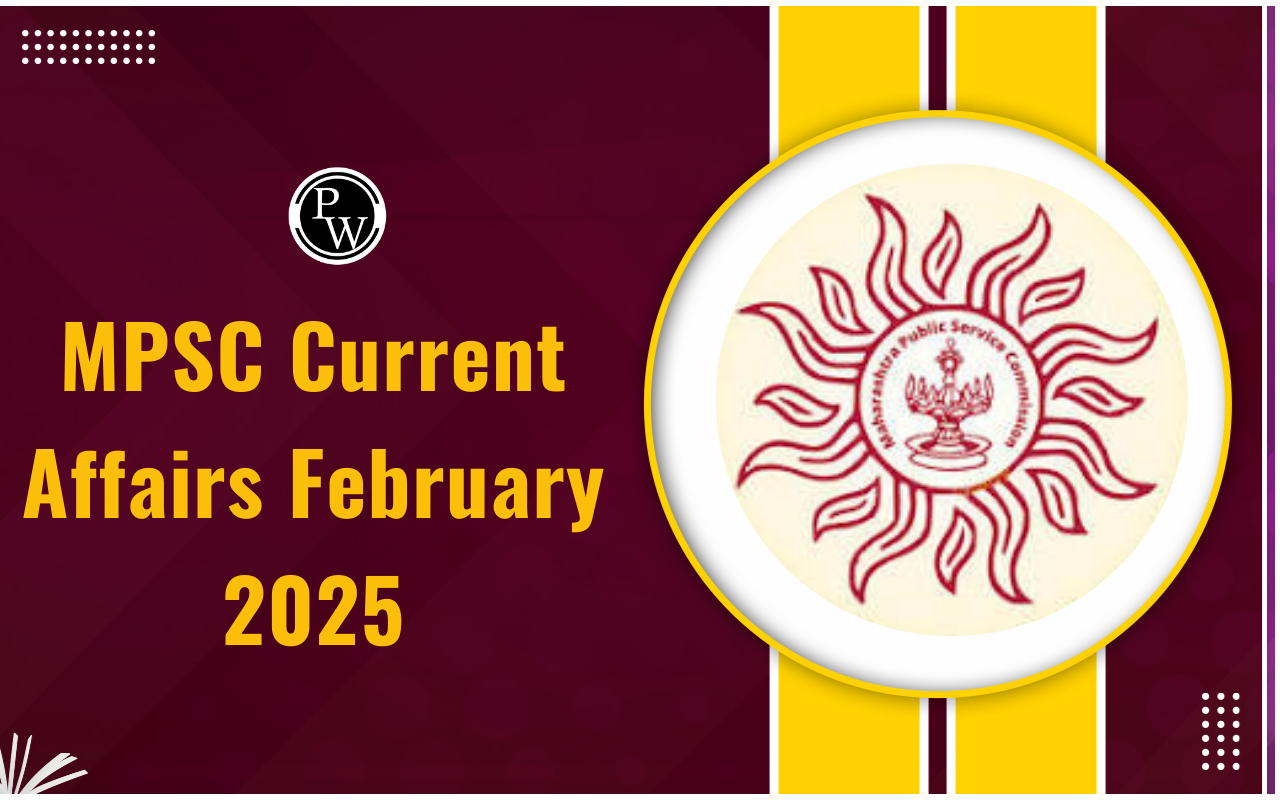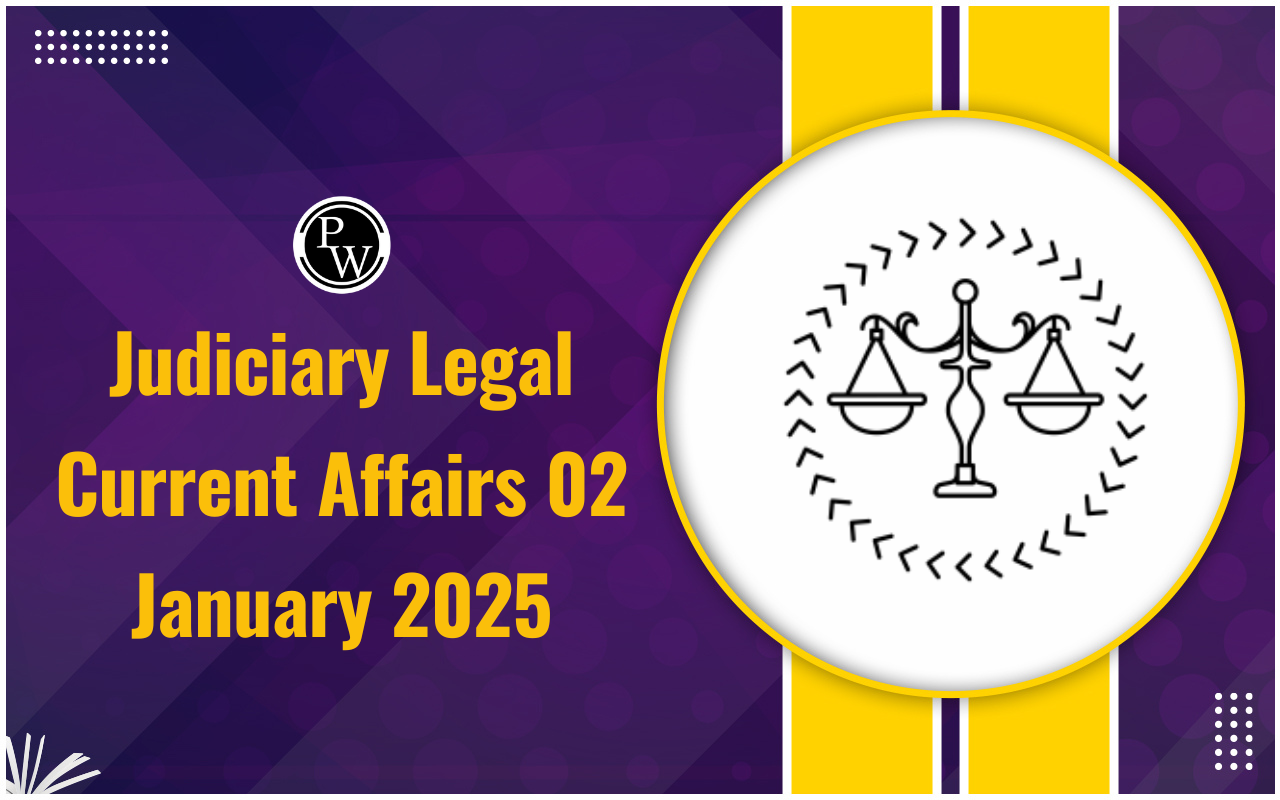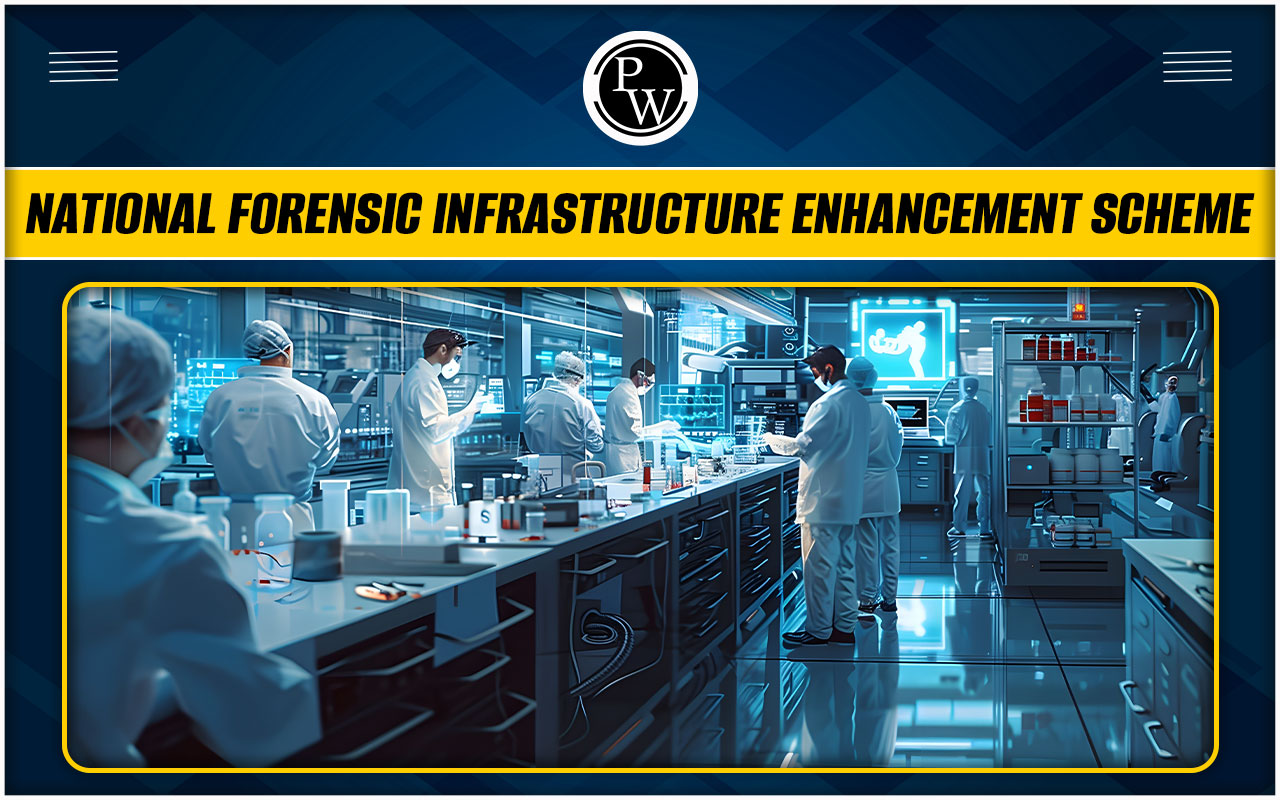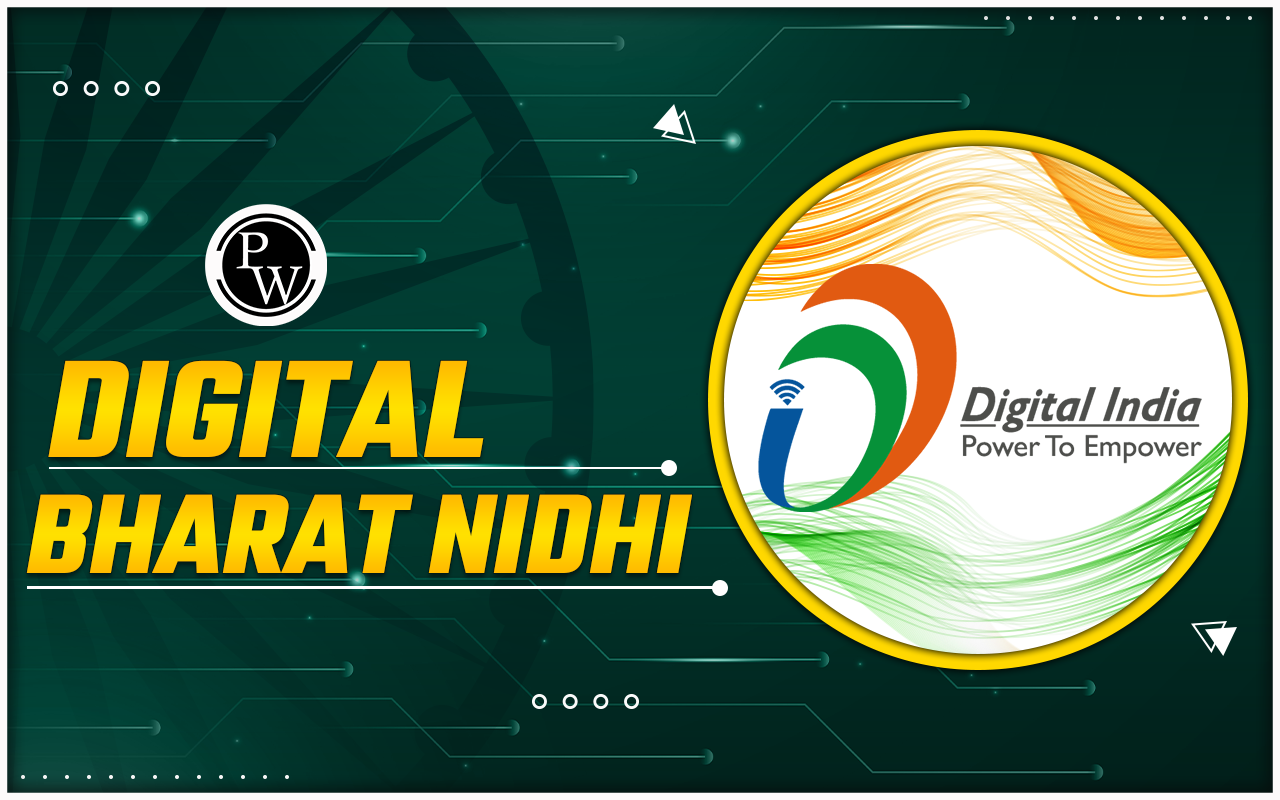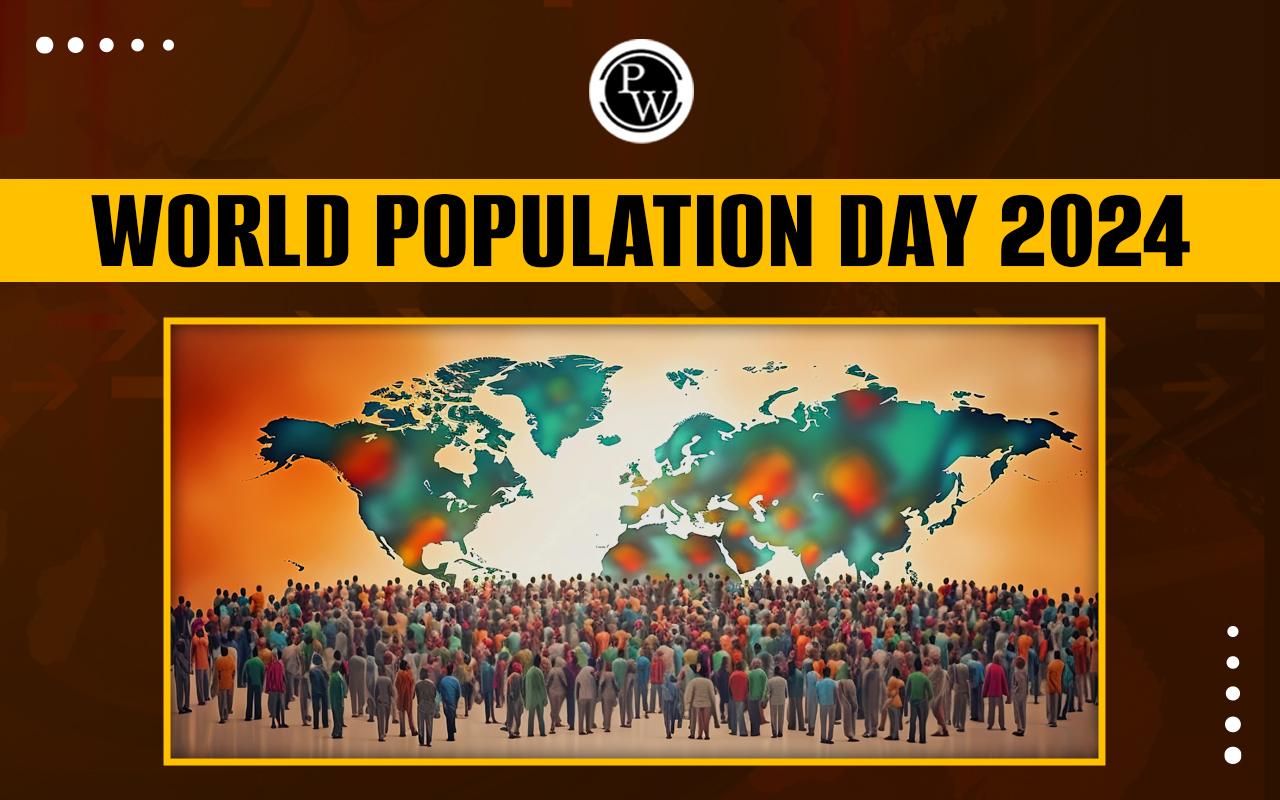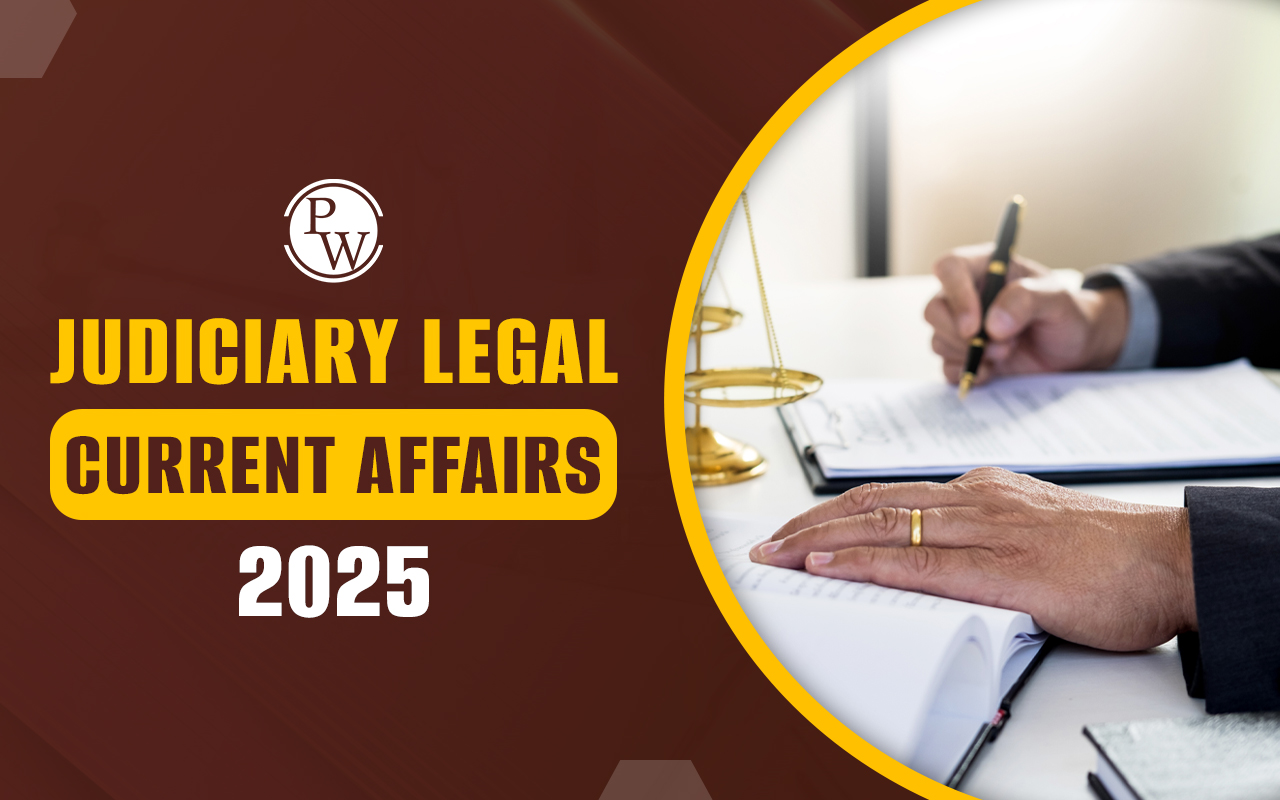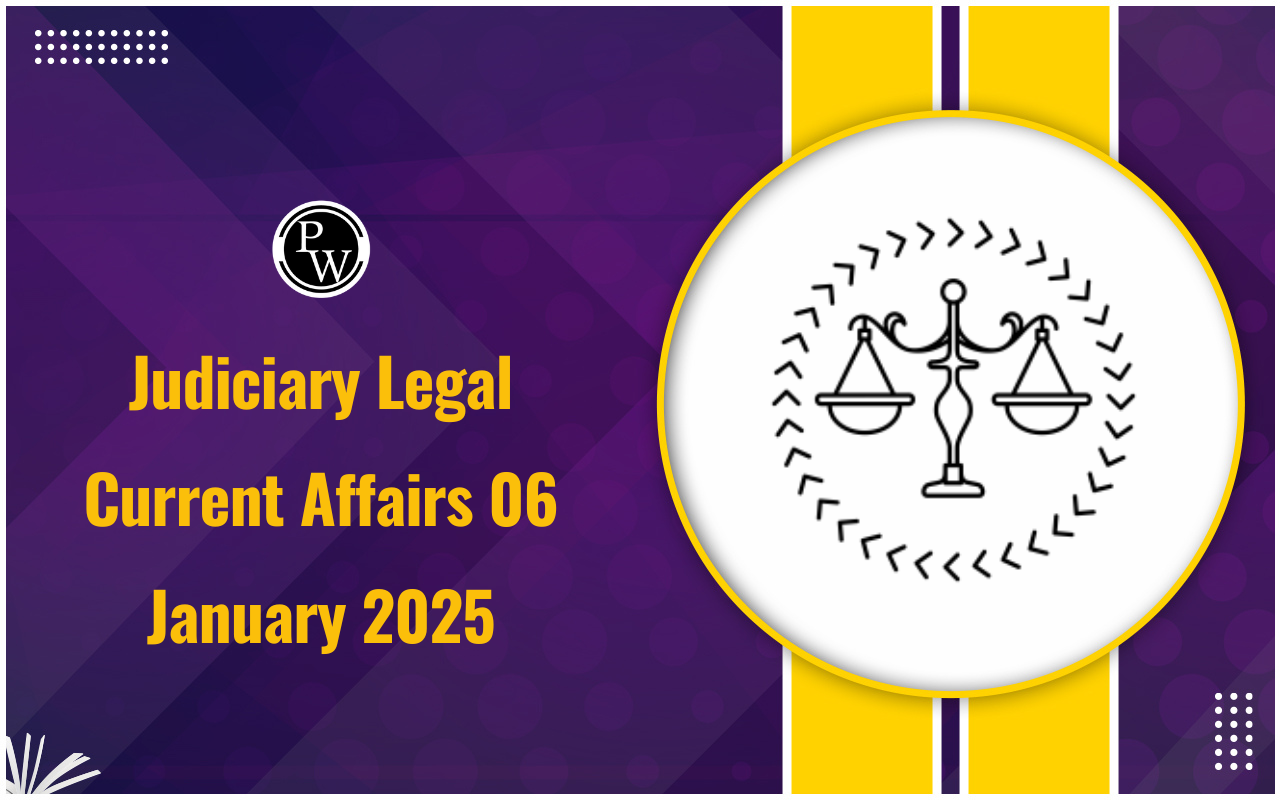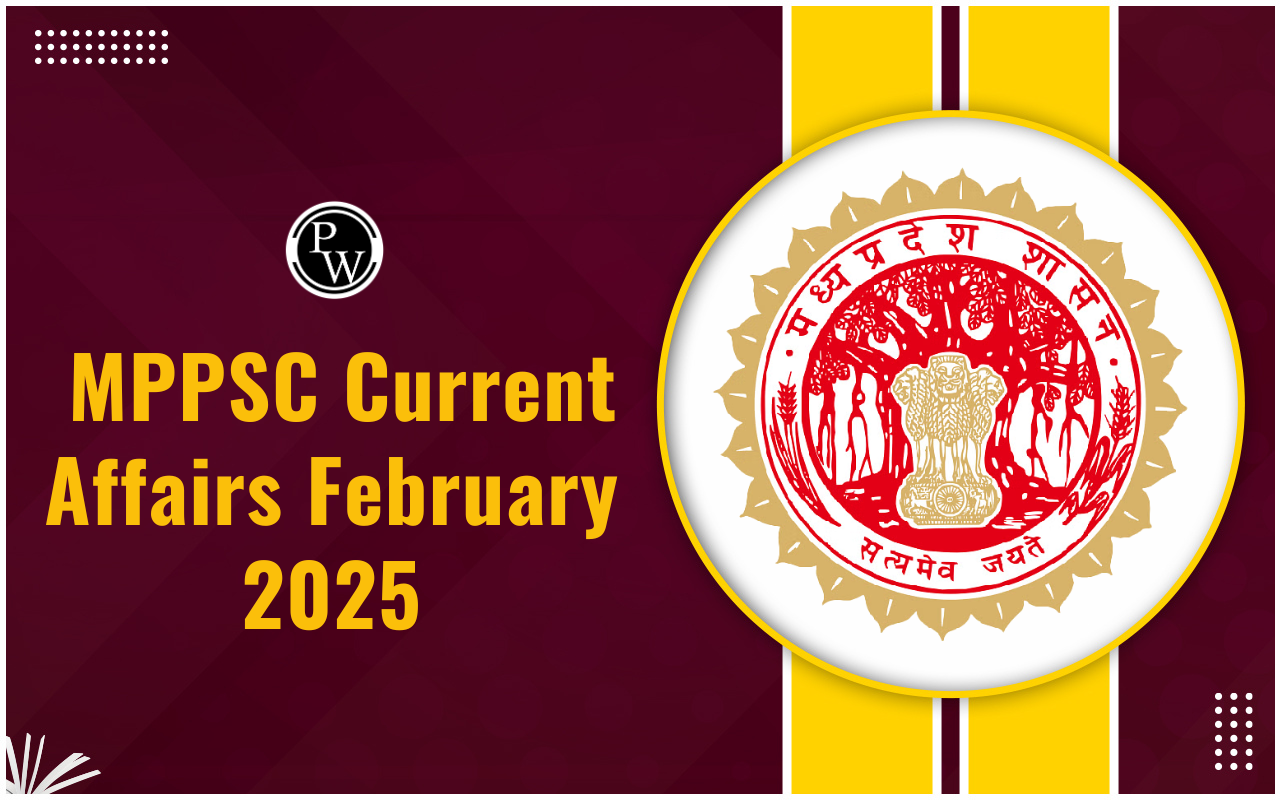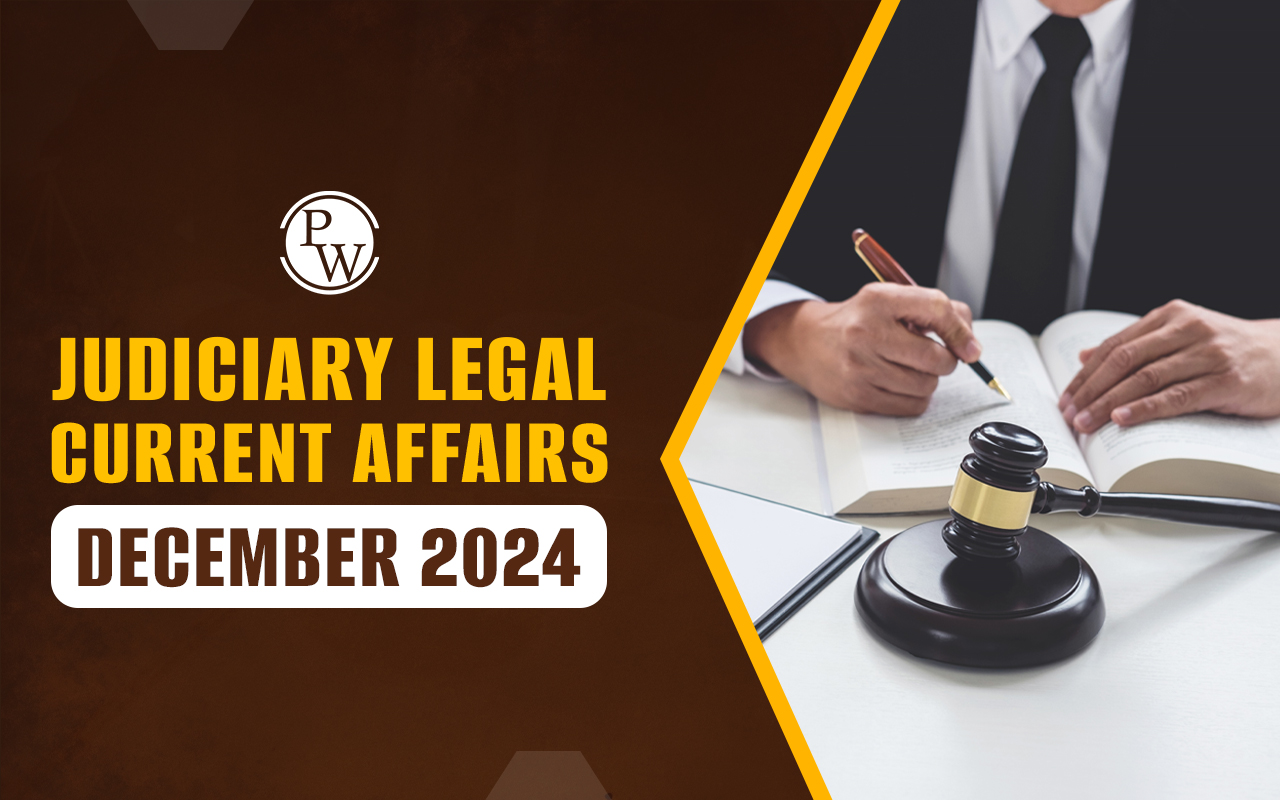
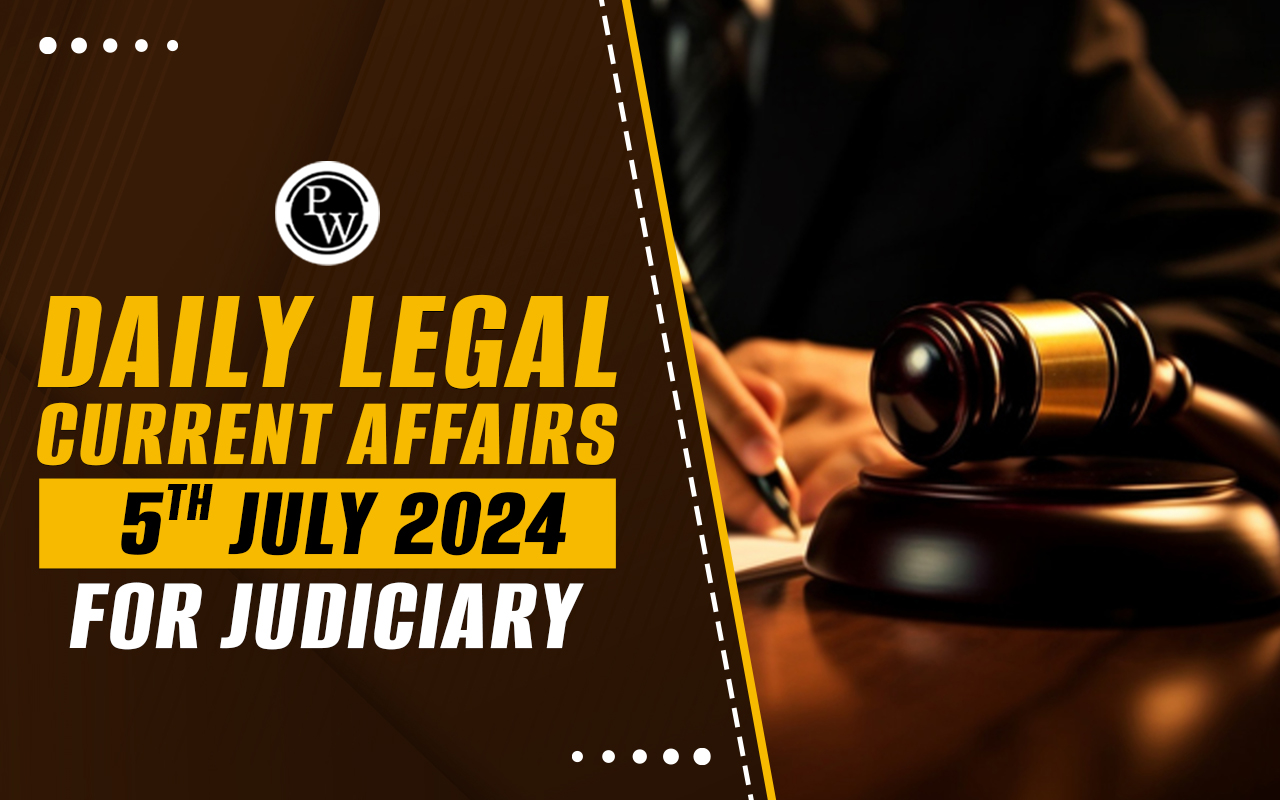
M/S KG Marketing India v. Ms. Rashi Santosh Soni & Anr .
- BENCH: Justice Prathiba M Singh
-
- FORUM : Delhi High Court
- OBSERVATIONS
- The Delhi High Court has referred to Bhartiya Nagrik Suraksha Sanhita, 2023 (BNSS) for the first time after it came into effect on July 01, while dealing with the issue of forgery and fabrication of documents by a party in a trademark infringement dispute.
- In a ruling passed on July 02, Justice Prathiba M Singh dealt with a suit wherein two newspaper advertisements relied upon by the plaintiff, KG Marketing, were forged and fabricated.
- The fabrication was admitted by the entity's proprietor in both his affidavits and statement given before the Court. Justice Singh observed that the fabrication of the newspapers was done for the purpose of the suit.
- While adjudicating as to whether such fabrication by the proprietor of KG Marketing called for action by the court under Section 340 of CrPC, the court said: “In these proceedings, since the application was pending when the new statutes Bharatiya Nyaya Sanhita, 2023 (hereinafter, 'BNS') and Bharatiya Nagarik Suraksha Sanhita, 2023 (hereinafter, 'BNSS') were enacted, the matter would continue under the erstwhile Code itself. This is also clear from Section 531 of the `Bhartiya Nagrik Sakshya Sanhita'. (sic)” Section 531 of BNSS states that if immediately before the date on which the Sanhita comes into force, there is any appeal, application, trial, inquiry or investigation pending, then, such appeal, application, trial, inquiry or investigation shall be disposed of, continued, held or made, as the case may be, in accordance with the provisions of the Code of Criminal Procedure, 1973, as in force immediately before such commencement, as if the Sanhita had not come into force. Accordingly, the court said that the earlier Codes i.e., CrPC and IPC would be the applicable statutes in the matter.
- KG Marketing, manufacturer of electrical appliances, filed the suit against two individuals seeking an injunction against the use of the mark 'SURYA' and the accompanying trade dress.
- Apart from claiming huge sales, KG Marketing also claimed that its projects have been advertised in various newspapers. An ex parte ad interim injunction was granted in its favour in January last year as per the pleadings.
- Later, the defendants, who claimed copyrighted works under the mark “SURYA GOLD”, alleged that the documents filed by KG Marketing being the newspaper advertisements and invoices were fabricated only for the purposes of the suit.
- The injunction was vacated after the proprietor of KG Marketing gave instructions to the counsel to withdraw the suit and consented for vacation of the ex-parte order.
- In the meantime, the defendants filed another suit seeking to injunct KG Marketing from infringing its design rights and from using the mark 'SURYA GOLD'.
- The Defendants filed the original newspapers to establish that the newspapers relied upon KG Marketing in its suit were fabricated.
- Thereafter, two affidavits were filed wherein apology was tendered by the proprietor of K.G. Marketing for having filed the fabricated newspapers. Observing that forgery and fabrication are a serious matter, Justice Singh said that until the Defendants pointed out the original newspaper, KG Marketing did not admit to forgery or fabrication of the newspapers.
- “Under such circumstances, this Court is of the opinion that the offence of forgery/fabrication of newspapers having been admitted and the filing of false affidavit having taken place during the proceedings being pending before this Court, a case is made out for registration of a complaint under Section 340 CrPC,” the court said.
- It directed the Registrar General of the High Court to take action within four weeks and lodge a complaint with the concerned Judicial Magistrate.
- The court dismissed KG Marketing's suit filed on the basis of forged and fabricated newspapers with costs of Rs.5 lakh.
- It decreed the defendants' suit and restrained KG Marketing India from using the mark 'SURYA GOLD'. KG Marketing was also directed to pay costs of Rs. 5 lakh to the defendants.
M/s.Practo Technologies Pvt.Ltd v The Tamil Nadu Chemists and Druggists Association and Others
-
- BENCH : Justice SM Subramaniam and Justice C Kumarappan
- FORUM : Madras High Court
- OBSERVATIONS
- The Madras High Court recently disposed of an appeal against an order of a single judge prohibiting the online sale of drugs and cosmetics. Justice S.M. Subramaniam and Justice C. Kumarappan took note of the Government's submission that it was in the process of finalizing a new policy.
- The court directed the Union Government and the Central Drugs Standard Control Organisation to expedite and finalize the police and notify the same.
- Till such time, the court ordered status quo on the condition that online sale of drugs must be made only through or by licensed Druggists and Chemists. The court directed the competent authorities to initiate appropriate action against the individual offenders in the manner known to the law.
- The court noted that the policy will have far-reaching consequences and the Government would have to consider various issues raised by the stakeholders.
- “Since the Delhi High Court seized the matter and the Government of India is in the process of finalizing a new policy and to avoid inconsistency in dealing with the issues, which are all identical, we are inclined to dispose of the matter. More-so, the policy to be framed may have far reaching consequences and the Government of India has to consider various issues raised between the drug companies, stakeholders and public in general,” the court observed.
- The court was hearing an appeal preferred by Practo Technologies and other similar companies against a 2018 order of a single judge wherein the single judge had directed the Union Government to notify the proposed Drugs and Cosmetics Amendment Rules 2018 at the earliest.
- The single judge had directed that the stakeholders trading in online pharmacies have to obtain respective licenses in the manner prescribed in the Rules to be notified and restrained them from proceeding with their business till the new rules were notified.
- During the appeal, N Ramesh, Central Government Standing Counsel informed the court that the process of finalizing the draft rules was in progress. He added that the new comprehensive policy would cover all issues raised between the traders and the public at large. He added that since the issues involved are complex, the Government would require more time to finalize the policy.
- The court was also informed that the Delhi High Court was also seized of the matter and had given 4 months to the Joint Secretary, Ministry of Health and Family Welfare to finalize the policy.
- The respondents argued that the online sale of drugs was causing concern to the public at large. They argued that the druggists were selling drugs online in an unregulated manner which was unsafe and may result in health hazards.
- To this, the online pharma companies submitted that the drugs sold through online mode are sold by licensed Druggists and Chemists. The companies assured the court that the drugs and cosmetics were routed through licensed traders and in case of complaints, appropriate action was initiated against the individual offenders. Considering all the submissions and taking note of the fact that the Delhi High Court was seized of the matter, the court disposed of the petition giving liberty to the Tamil Nadu Chemists and Druggists Association to work out their remedy in the manner known to law.
ABC AND XYZ & Others Case
- BENCH : Justice M Nagaprasanna
- FORUM : Karnataka High Court
-
OBSERVATIONS
- The Karnataka High Court has said that an application made by a woman under provisions of the Protection of Women from Domestic Violence Act, 2005, cannot be dismissed by the trial court without issuing notice to the respondents or carrying out an enquiry.
- A single judge bench of Justice M Nagaprasanna allowed the petition filed by a woman and set aside the order dated 18-03-2024, passed by the trial which had on going through the application dismissed it by observing that the case does not project any domestic violence.
- On going through the complaint the court said, “A perusal at the complaint/application filed under Section 12 of the Act, there is abundant material to demonstrate prima facie that there was domestic violence by the respondents herein.”
- Following this it said “A notice in the least or an enquiry in the least ought to have been conducted by the concerned court, nipping in bud by dismissing the complaint undoubtedly causes great prejudice to the wife—applicant. If there is no case later found out, appropriate orders would be passed by the concerned Court not dismissing the complaint itself as maintenance, residence and all other interim reliefs were also sought at the hands of the concerned Court by the petitioner wife.”
- Thus it held that since no notice was even issued to the respondents, the impugned order would be set aside and the application would be restored before the trial court with a direction to the trial court to regulate its procedure and proceed further on its merits.
Also Check: Daily Legal Current Affairs 3rd July 2024
State of Kerala v. Gireesh Kumar & Connected Matter
-
- BENCH : Justice A.K.Jayasankaran Nambiar and Justice Syam Kumar V.M.
- FORUM : Kerala High Court
- OBSERVATIONS
- The Kerala High Court has acquitted one Gireesh Kumar and overturned the death sentence imposed on him by the Sessions Court, after he spent over 10 years in jail.
- He had been convicted on charges of trespassing with intent to commit robbery, rape, and the murder of a 57-year-old woman in Kollam in 2013.
- The Division Bench comprising Justice A.K.Jayasankaran Nambiar and Justice Syam Kumar V.M. was dealing with his appeal and the reference for confirmation of sentence by the Sessions court.
- It found that a botched-up investigation was conducted by the police by adducing sham witnesses and there was a total absence of objective enquiry by the Sessions Court to assess whether the case falls within the rarest of rare category warranting death penalty.
- It thus granted Rs. 5 lakhs compensation to the appellant for living through the threat of death penalty for ten long years. “There was no evidence whatsoever before the learned Sessions Judge to convict the appellant under any of the sections of the IPC under which he was charged, much less to sentence him to capital punishment under Sections 302 of the IPC.
- To top it all, there has been a total absence of any semblance of objective enquiry by the learned Sessions Judge towards ascertaining whether the case at hand was one that qualified under the categorisation 'rarest of the rare' justifying the imposition of capital punishment.”
- On analyzing the entire evidence, the Court concluded that there was absolutely no scientific evidence connecting the appellant to the crime.
- It stated that the recovery of gold ornaments made from the appellant was unreliable and there was failure to examine witnesses.
- The Court also noted the fatalities and discrepancies in the investigation and found that inference of guilt could not be established from the circumstantial evidence adduced by the prosecution.
- The Court stated that the prosecution had failed to establish the chain of events and held that the Sessions Judge should not have arrived at such a finding.
- Court said liberty and freedoms cannot be infringed through the imposition of the highest penalty of a death sentence by a slipshod investigation and improper appreciation of evidence.
- It found that there were no reasons for arraying the appellant as accused in this matter and his conviction and incarceration was due to systemic failure.
- Relying upon Apex Court decisions in Rudul Shah v. State of Bihar (1983) , Neelabati Behra v. State of Orissa (1993) , D K Basu v. State of West Bengal (1997) , Nambi Narayanan v. Siby Mathew (2018) , Court held that ends of justice would only be met if the appellant is awarded compensation for violation of his fundamental rights guaranteed under Article 21 of the Constitution.
- “We have also taken note of the fact that the ignominy of over 10 years incarceration suffered by him was compounded by the trauma of living through the said period with the ever present threat of death sentence, which made life even more miserable and despairing to the appellant.
- Accordingly, we deem it fit to direct the State Government to pay to the appellant an amount of Rs.5,00,000/- (Rupees Five Lakh only) towards compensation on the above count, which amount shall be paid to him within a period of three months from the date of this judgment.
- Thereafter, it shall attract an interest of 9% per annum till the date of payment.” As such, the Court answered the death sentence reference in negative and disposed of the criminal appeal.
Also Check: Daily Legal Current Affairs 04 July 2024
Rakesh Reddy v. UOI
-
- BENCH : Justice Dhiraj Singh Thakur and Justice Ninala Jayasurya
- FORUM : Andhra Pradesh High Court
- OBSERVATIONS
- The Andhra Pradesh High Court is set to consider whether the State government has powers to hike the ticket prices of any film. The question sprouted in a PIL challenging Andhra government's decision to increase the 'rate of admission' for film 'Kalki 2898 AD', which hit the theatres on June 27.
- The plea challenges a clause in GO dated March 7 issued in exercise of powers under the Andhra Pradesh Cinemas (Regulations) Act, 1955, which states that the government is authorized to fix the rate of entry for a super high budget film for the first 10 days.
- The Prabhas-starrer is allegedly filmed on a budget of Rs 600 crore. The PIL objects to the fact that the government has chosen to fixate the price with respect to 'Kalki' for not 10 but 14 days.
- It refers to Multiplex Association Of India v. The State of AP (2022) wherein the cinema association had challenged GOMS on the grounds that it was not within the jurisdiction of the State to fix the rate of admission.
- The High Court had ruled in favour of the Multiplex Association holding that although the issue needed deeper consideration, prima facie, it seemed like amenities such as online booking could not be included while considering 'rate of admission' and that only the licensing authority was authorized to fix the rate, not the government.
- Considering the pleadings, the Division Bench of Chief Justice Dhiraj Singh Thakur and Justice Ninala Jayasurya noted that the larger picture that has surfaced is whether the government is empowered to fix the admission rate. The Bench advised the petitioner to not fixate on the smaller issue in regards to only the movie Kalki.
- Petitioner contended that people were unable to afford the cost of tickets and sought directions that the producer would return any extra money taken if the PIL was allowed.
- “Don't worry about this. We will deal with all the issues. You are not against a movie, you are against the principle. You say why should there be an enhanced rate at all? Should there be power with the government to impose higher tickets for some movies? This requires some response from the other side, this issue of 10 days and 14 days is not too much, the Learned single judge has indicated that the Government might not have the power to fix the rate at all. This will have far-reaching consequences for movie theatres,” the Bench remarked orally. Thus, notices were issued to the Centre, State and producer of the movie.
Daily Legal Current Affairs Practice Questions 5 July 2024 for Judiciary Exams
Q1) A magistrate to whom a complaint is made under section 340 or section 341 of the Code of Criminal Procedure shall proceed, as far as may be, to deal with the case as if it were instituted
(a) on a police report. (b) otherwise than a police report. (c) Both (a) or (b) (d) None of these Ans. (a)Q2) What does Collective Trade Marks indicate?
( a) Connection of a Trade Mark with a proprietor Partnership Firm. ( b) Trade Mark which cannot be subject to monopoly. (c) A unified collection of all the registered TradeMarks. ( d) Connection of a Trade Mark with a proprietor Association. Ans.(d)Q3) Application to the Magistrate seeking one or more reliefs under DV Act is provided under __________
- Section 10
- Section 11
- Section 12
- Section 13
Q4) ‘No person shall be deprived of his life or personal liberty except according to procedure established by law’ is provided under __________ of the Indian Constitution.
- Article 14
- Article 19
- Article 21
- Article 25
Q5) Repeal and savings is provided under ________ of the Bhartiya Nagrik Suraksha Sanhita 2023.
- Section 531
- Section 520
- Section 529
- None of the above
Judiciary Exam Current Affairs FAQs
How many months of current affairs is required for a Judiciary Exam?
Where can I study current affairs for the Judiciary?
How can I prepare for Judiciary current affairs?

